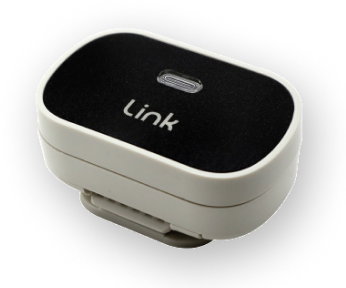Here at Link we know that dogs are more than just pets; they're beloved members of the household. However, when a new baby arrives, concerns about germs and potential health risks can arise and make new parents nervous. It's essential to separate fact from fiction and understand whether dog germs truly affect babies.
Understanding Dog Germs
First and foremost, let's clarify that not all germs are harmful. In fact, exposure to some germs can be beneficial for a baby's developing immune system. Dogs, like humans, carry various microorganisms on their bodies, including bacteria. While it's true that dogs can transmit certain infections to humans, the risk is generally low when appropriate hygiene and precautions are taken.
Factors to Consider
- Dog Hygiene: Maintaining your dog's cleanliness is crucial. Regular baths, grooming, and dental care help reduce the presence of potentially harmful bacteria. Keep your dog free of ticks and fleas, as these parasites can carry diseases that may affect both dogs and humans.
- Handwashing: Practicing good hygiene is key. Wash your hands thoroughly after handling your dog, cleaning up after them, or disposing of their waste. This simple step significantly reduces the risk of germ transmission.
- Supervision: Always supervise interactions between your dog and your baby, especially during the early months when your baby's immune system is still developing.
- Vaccinations and Preventive Care: Ensure your dog is up-to-date on vaccinations, deworming, and preventive medications. Regular veterinary check-ups are essential for your dog's overall health and can reduce the risk of transmitting diseases.
The Benefits of Dog Companionship
- Emotional Bond: Dogs can form strong bonds with babies and provide comfort and companionship as the child grows.
- Social Skills: Growing up with a dog can help children develop empathy, responsibility, and better social skills.
- Physical Activity: Dogs encourage physical activity and outdoor play, which is crucial for a child's development.
- Stress Reduction: Dogs are known for their ability to reduce stress and anxiety, benefiting both parents and babies.
- Allergen Reduction: Contrary to common belief, growing up with dogs may reduce the risk of developing allergies and asthma in some children.
The presence of dogs in a household with babies doesn’t need to be a cause for immediate, undue concern. Proper hygiene, preventive care, and responsible pet ownership can minimize many of the potential risks associated with dog germs. Also, the benefits of the bond between a child and their furry family members can be immeasurable. Ultimately, with careful attention to hygiene and supervision, the love and companionship a dog brings to your family can contribute positively to your baby's development and create lasting memories. If you’re concerned about your dog’s behavior after bringing home a new baby, we recommend you contact a local certified dog trainer to help provide guidance on next steps.





